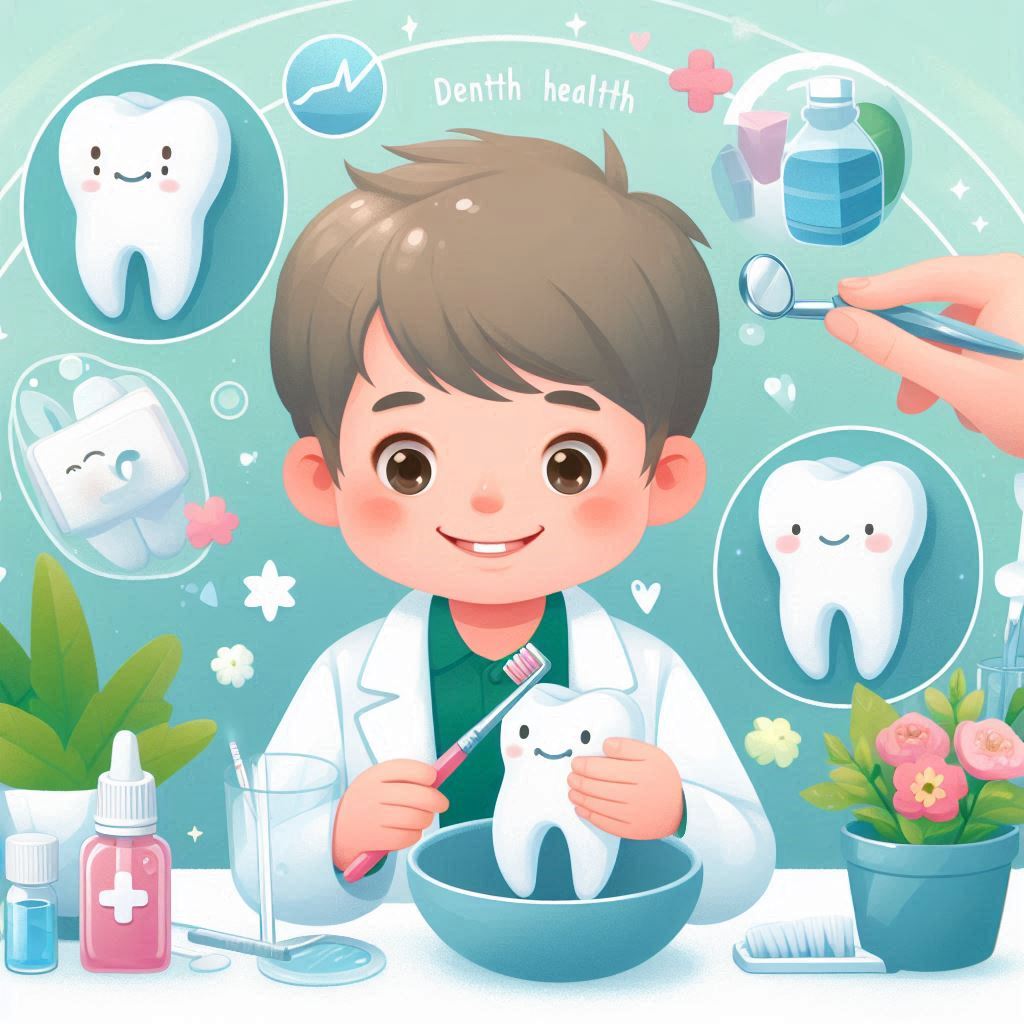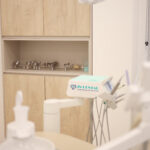
Timely education and the development of good habits from an early age are key to achieving and maintaining a healthy oral environment. A common mistake parents make is neglecting the hygiene of baby teeth. This results in children not developing awareness of oral hygiene, and habits that should have been adopted from the start are only formed later in life. To prevent this, we’ve outlined a few tips:
Regular Brushing
This is often overlooked with young children. Just like adults, children are recommended to brush their teeth at least twice a day. Since young children do not yet have an awareness of oral health, this responsibility falls on the parents, who may not always be able to supervise. For this reason, it’s better for the child to become independent as soon as possible and take charge of their own oral health.
Proper Brushing Technique
Until the child develops the motor skills for independent tooth brushing, it’s recommended that parents assist. This does not mean that the child should not be allowed to brush their own teeth. Developing the habit of brushing is the foundation for further learning. Parents should guide the child, allowing them to brush their teeth first, and then the parent should thoroughly clean them. Teeth should be brushed using the “rain falls-grass grows” technique—upper teeth from top to bottom and lower teeth from bottom to top.
Fissure Sealing
This is one of the preventive measures for preserving permanent molars. It is recommended to seal the fissures (grooves on the chewing surfaces of the back teeth) of permanent sixes and sevens immediately after they erupt and appear in the mouth. This prevents food from getting trapped in them, thus preventing the development of cavities.
Healthy Diet
Children’s diets are often rich in carbohydrates. This directly influences the occurrence of cavities, especially in baby teeth, which are less resistant than permanent ones. Besides the quantity, the frequency of intake is also important. Frequent consumption, even in small amounts, is more harmful than consuming a large amount at once. Therefore, it is recommended to give children sweets no more than two to three times a day, with as much time in between as possible.
Regular Check-Ups
Regular check-ups allow for the early detection of problems and their resolution, and provide continuous education for both children and parents. Regular visits help the child become accustomed to the dental office and feel more at ease.




